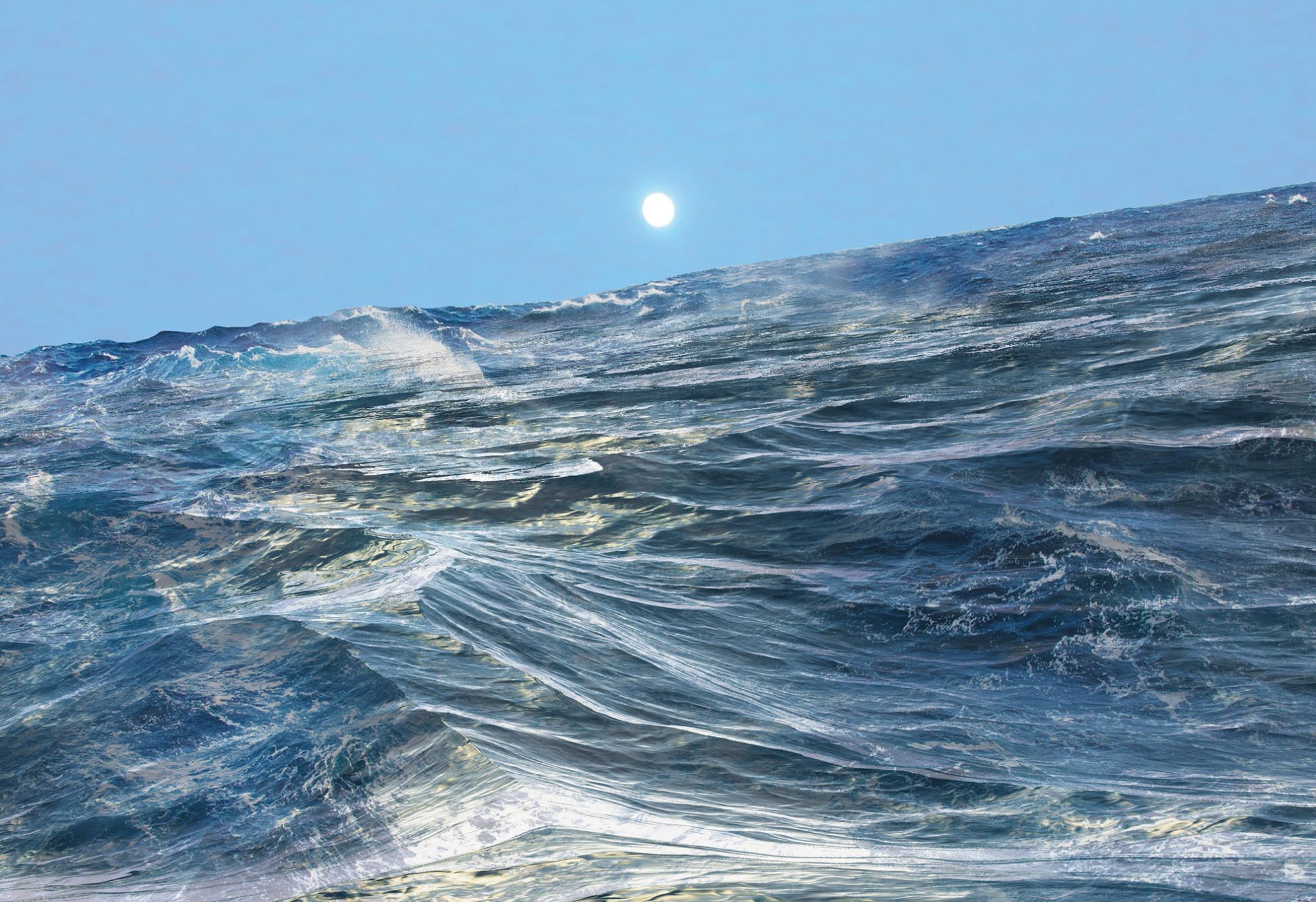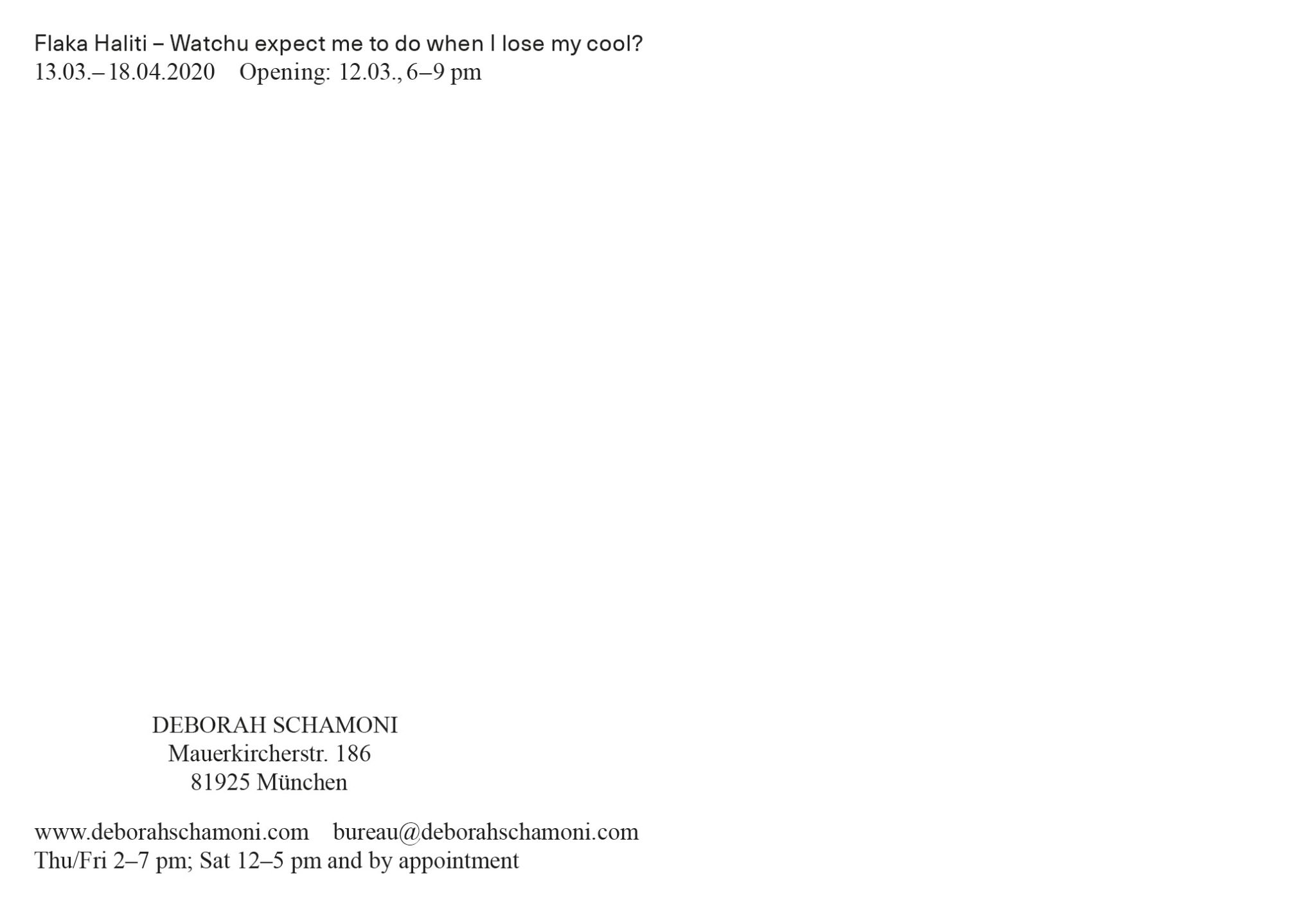-
Deborah Schamoni is pleased to present Watchu expect me to do when I lose my cool, an exhibition of new work by the Munich - based artist Flaka Haliti. This will be Haliti´s first solo exhibition with the gallery after joint presentations at Art Basel (Statements [2018] and Parcour [2017]).
read more
In her drawings, photographs, sculptures and installations Flaka Haliti explores a world of digital post-humanity. The global power structures and liquefied control mechanisms effective in it are temporarily broken up through the use of poetry, humor and analysis. Her artistic work can perhaps best be described as a “thinking of human life” that points beyond itself and yet is not afraid of conflict with its own materiality. -
Deborah Schamoni freut sich, mit Watchu expect me to do when I lose my cool eine Ausstellung mit neuen Arbeiten der in München lebenden Künstlerin Flaka Haliti zu zeigen. Nach gemeinsamen Präsentationen auf der Art Basel (Statements [2018] und Parcours [2017]) ist dies Halitis erste Einzelausstellung in der Galerie.
read more
In ihren Zeichnungen, Fotografien, Skulpturen und Installationen untersucht Flaka Haliti eine Welt digitaler Posthumanität. Die in ihr wirksamen globalen Machtstrukturen und verflüssigten Kontrollmechanismen werden zeitweilig durch die Verwendung von Poesie, Humor und Analytik aufgebrochen. Halitis künstlerisches Werk lässt sich vielleicht am ehesten beschreiben als ein „Denken menschlichen Lebens“, dass über sich selbst hinausweist und doch den Konflikt mit der eigenen Materialität nicht scheut.
Wednesday – Friday 12 – 6 pm
Saturday 12 – 4 pm and by appointment
Flaka Haliti
Watchu expect me to do when I lose my cool
13.03. – 23.05.2020
-
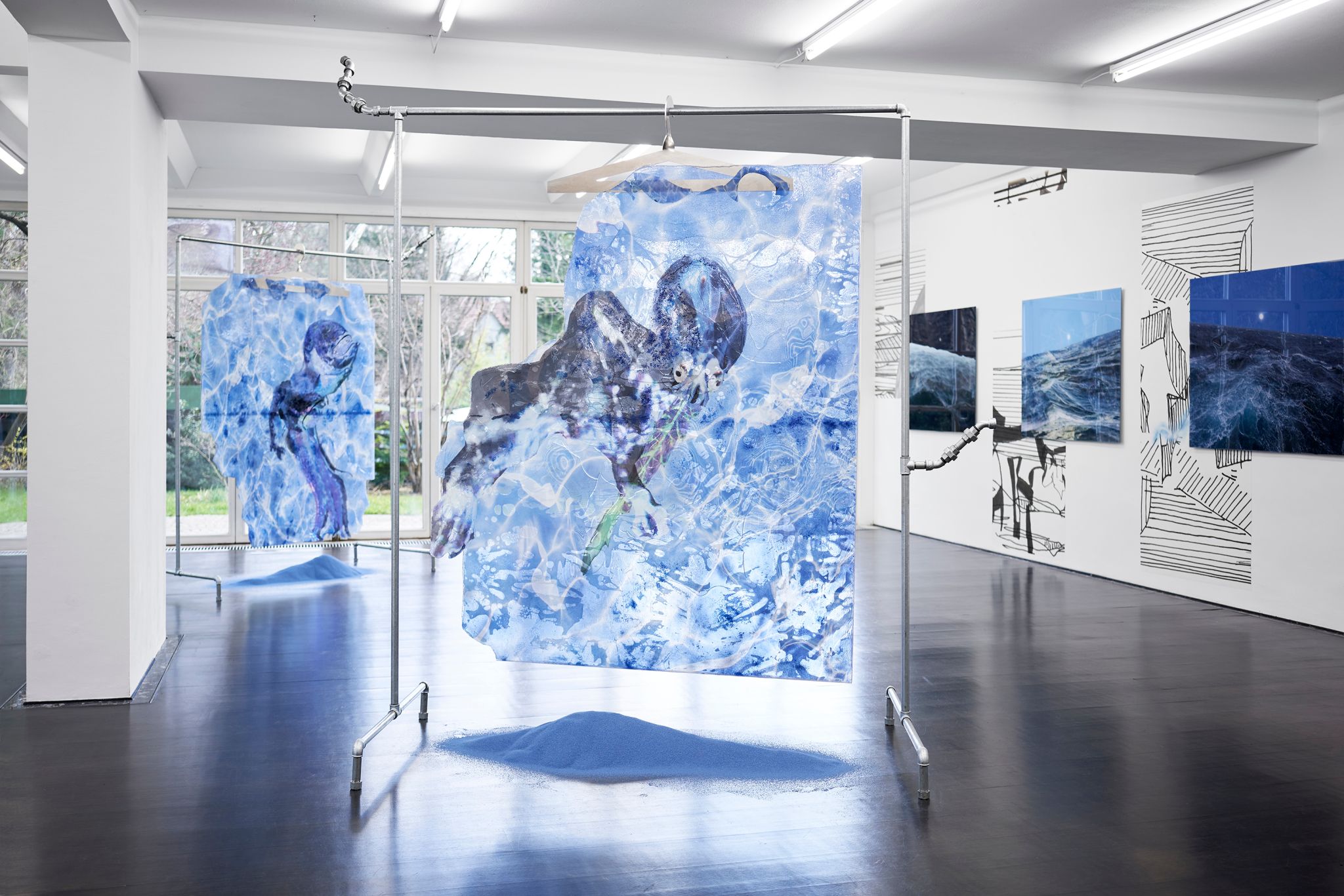
Installation view, Flaka Haliti, Watchu expect me to do when I lose my cool, Deborah Schamoni, 2020 -
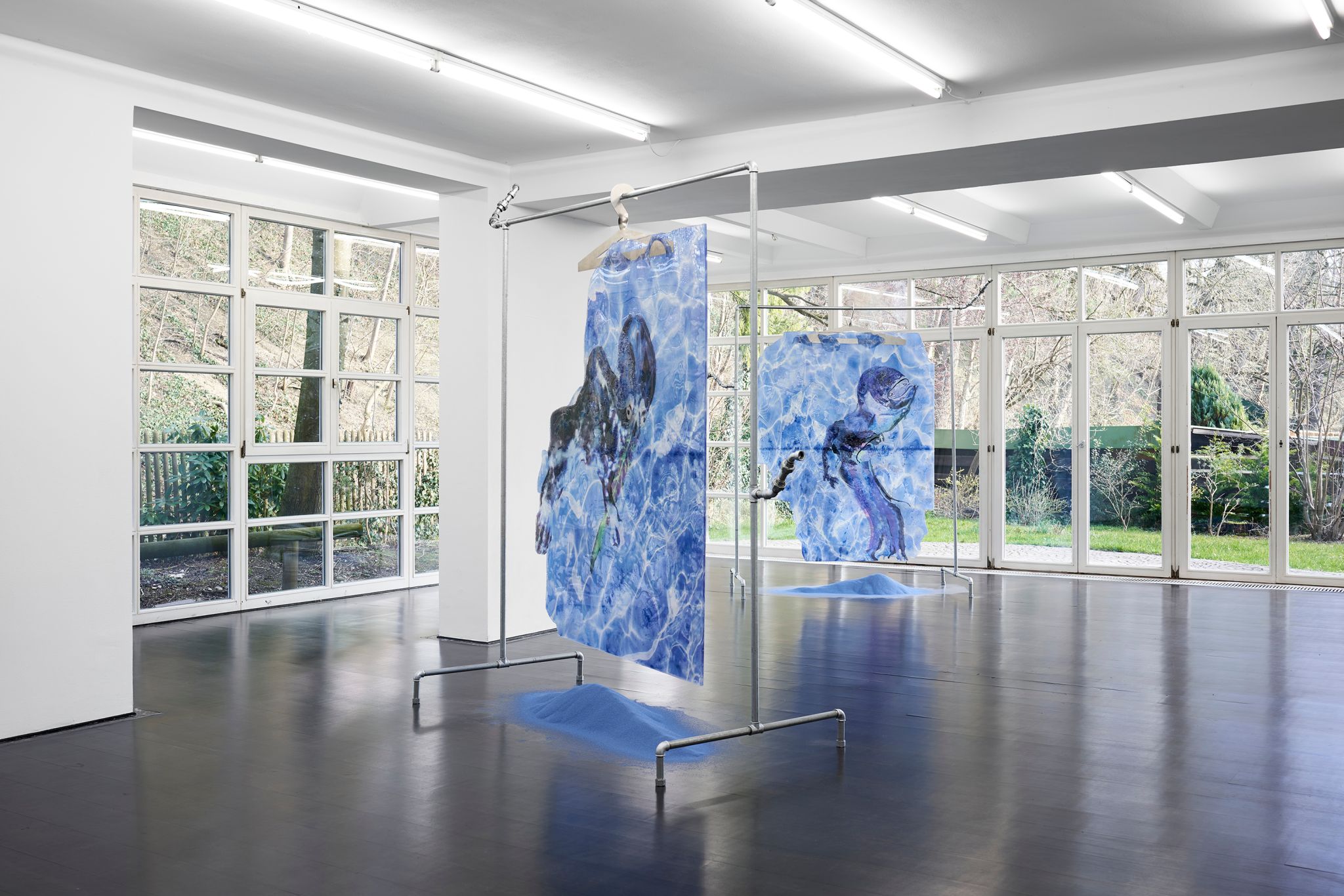
Installation view, Flaka Haliti, What are they thinking that we thinking that they thinking we going to do next? #1 and #2 -
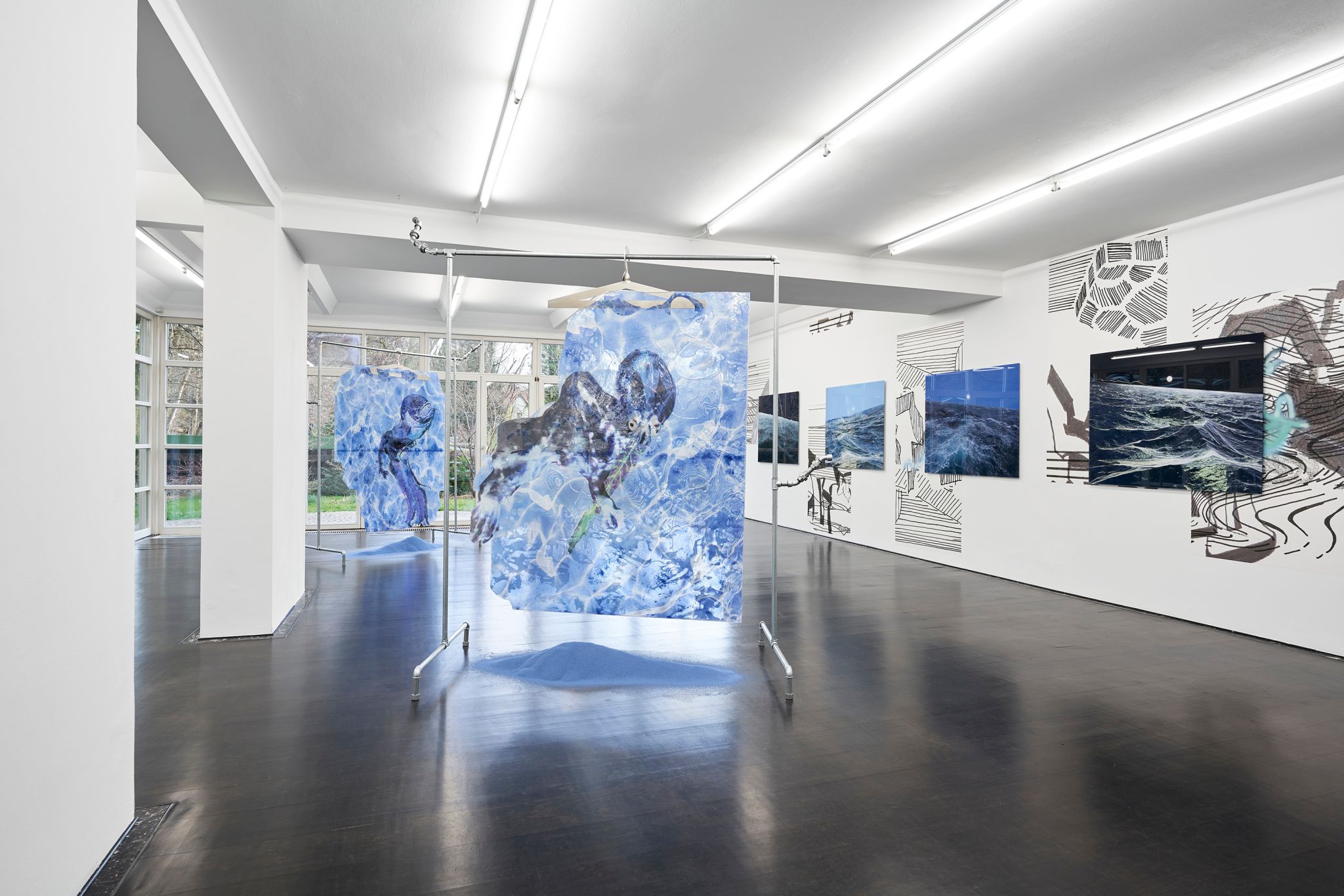
Installation view, Flaka Haliti, Watchu expect me to do when I lose my cool, Deborah Schamoni, 2020 -
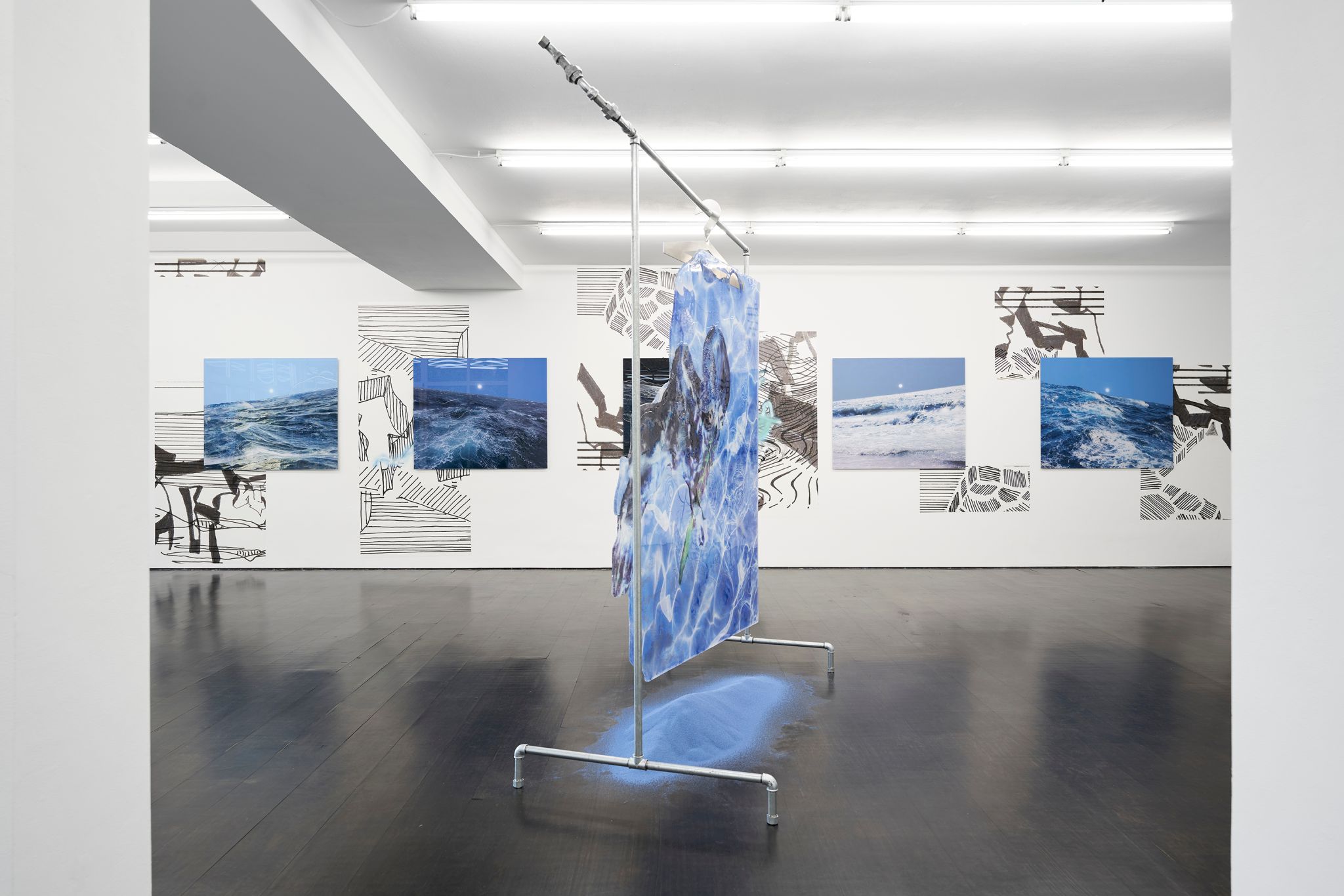
Installation view, Flaka Haliti, Watchu expect me to do when I lose my cool, Deborah Schamoni, 2020 -
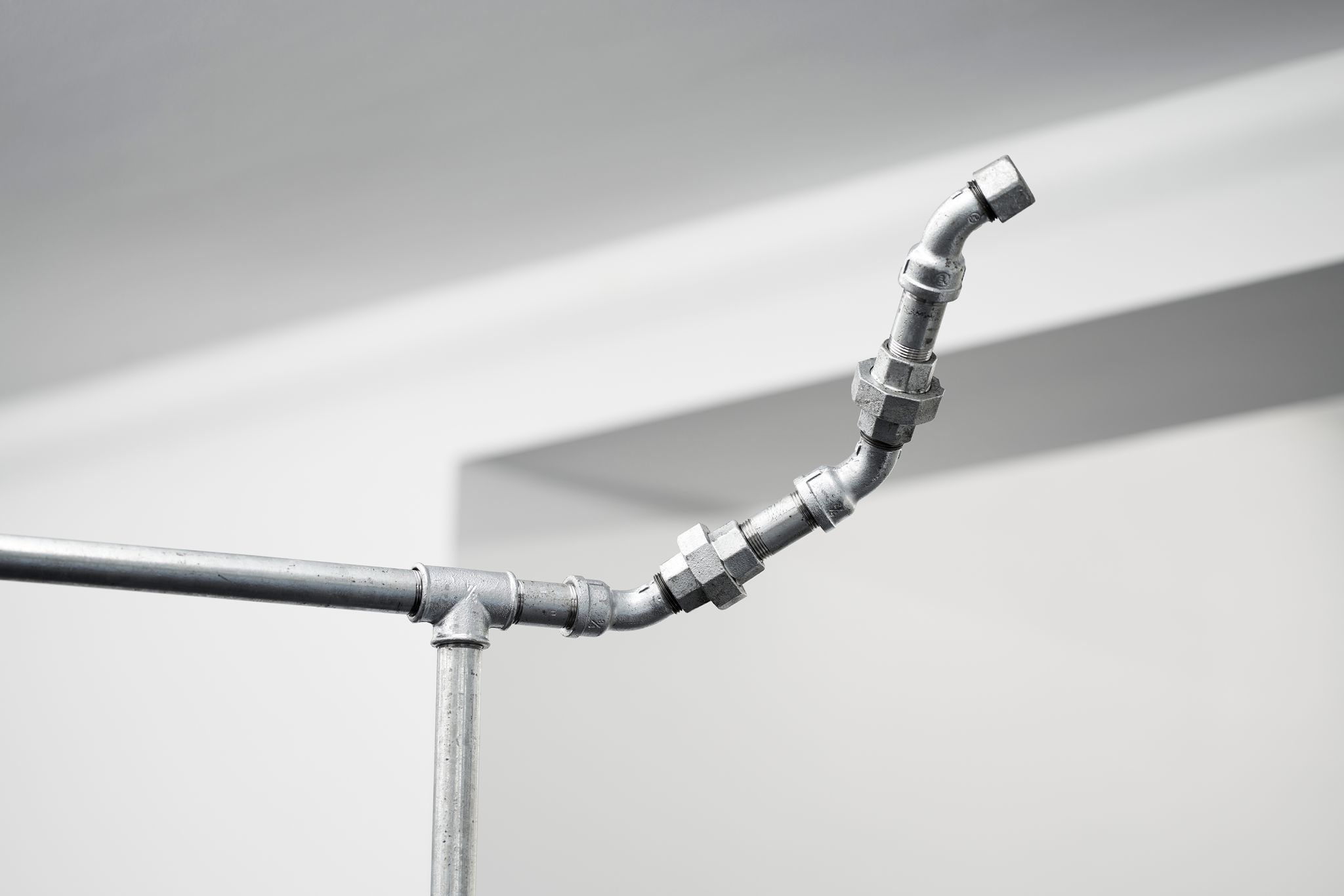
Flaka Haliti, What are they thinking that we thinking that they thinking we going to do next? #1 (detail), 2019
Foil print, polyeurethane resin, spray paint, galvanized steel water pipes, sand, 242 × 227 × 90 cm -
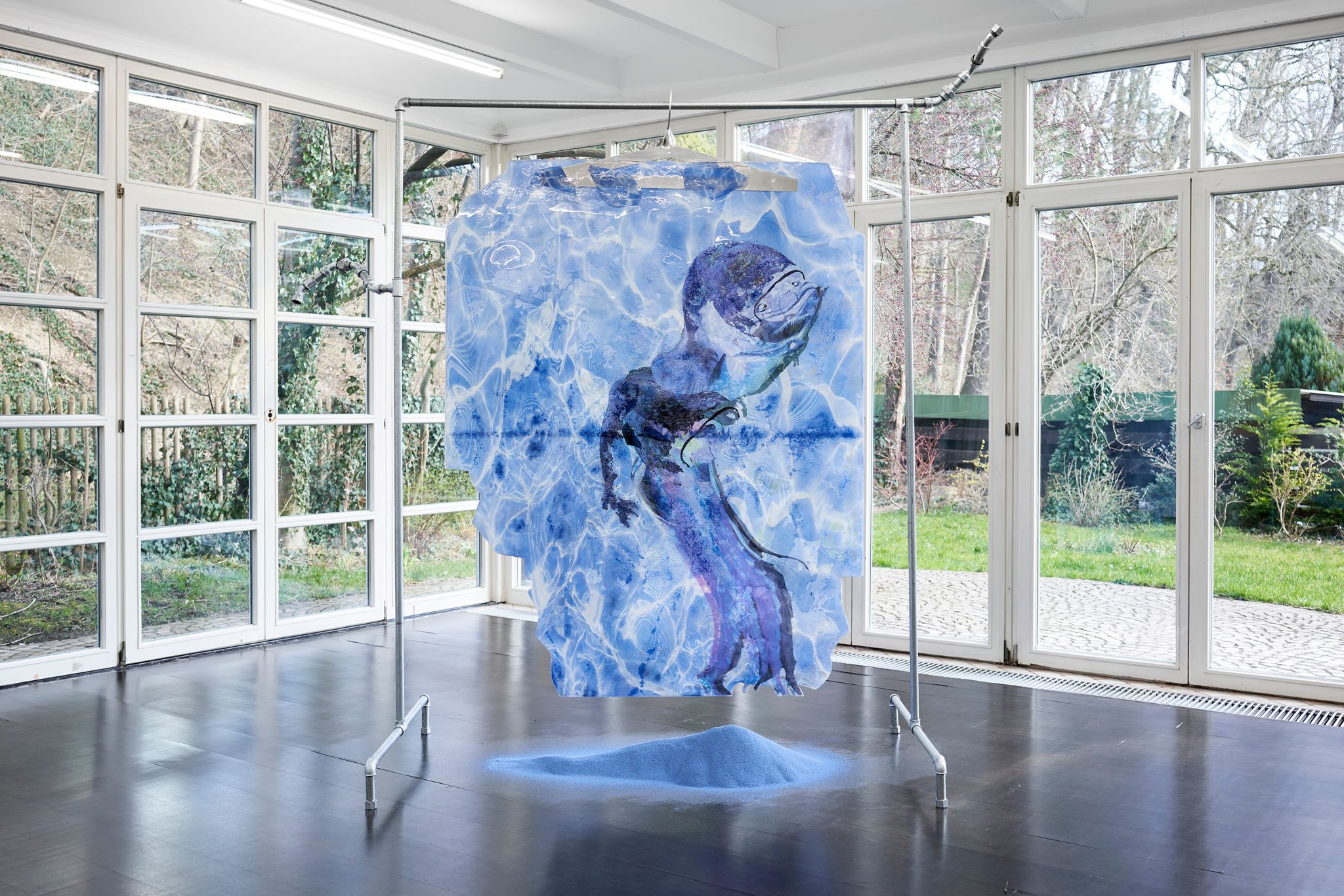
Flaka Haliti, What are they thinking that we thinking that they thinking we going to do next? #2, 2019
Foil print, polyeurethane resin, spray paint, galvanized steel water pipes, sand, 237 × 233 × 90 cm -
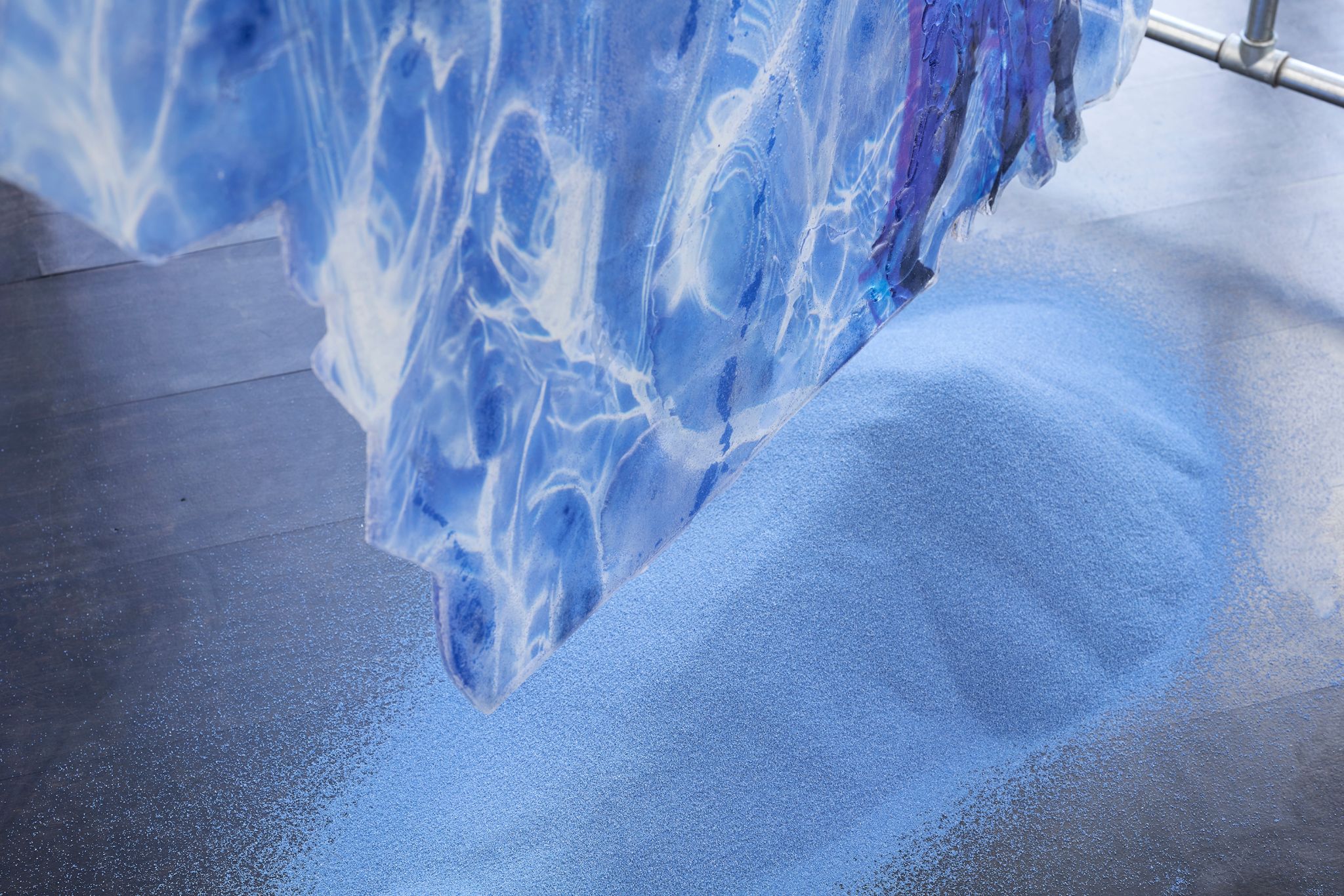
Flaka Haliti, What are they thinking that we thinking that they thinking we going to do next? #2 (detail), 2019
Foil print, polyeurethane resin, spray paint, galvanized steel water pipes, sand, 237 × 233 × 90 cm -
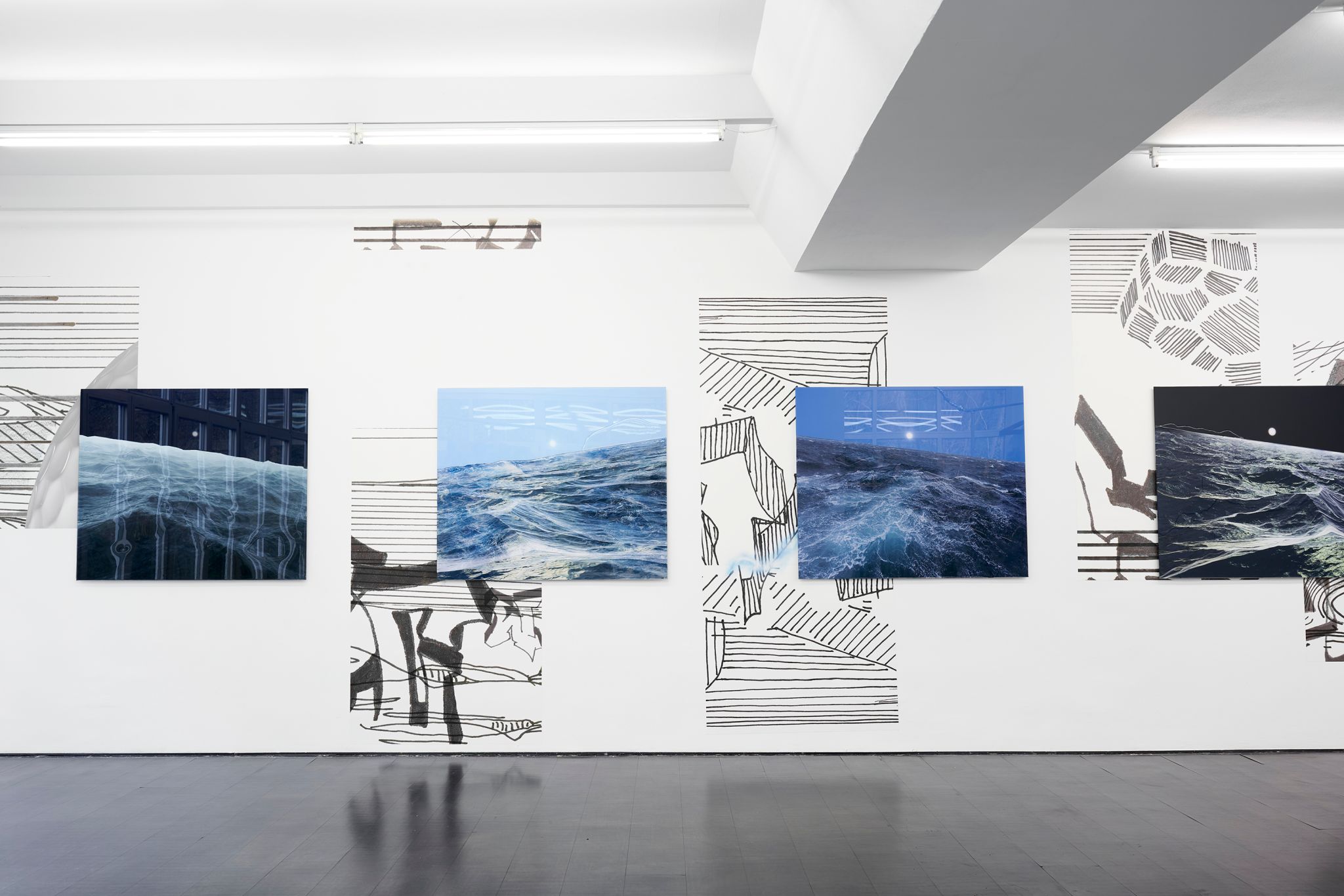
Installation view, Flaka Haliti, Watchu expect me to do when I lose my cool? #, 2020 -
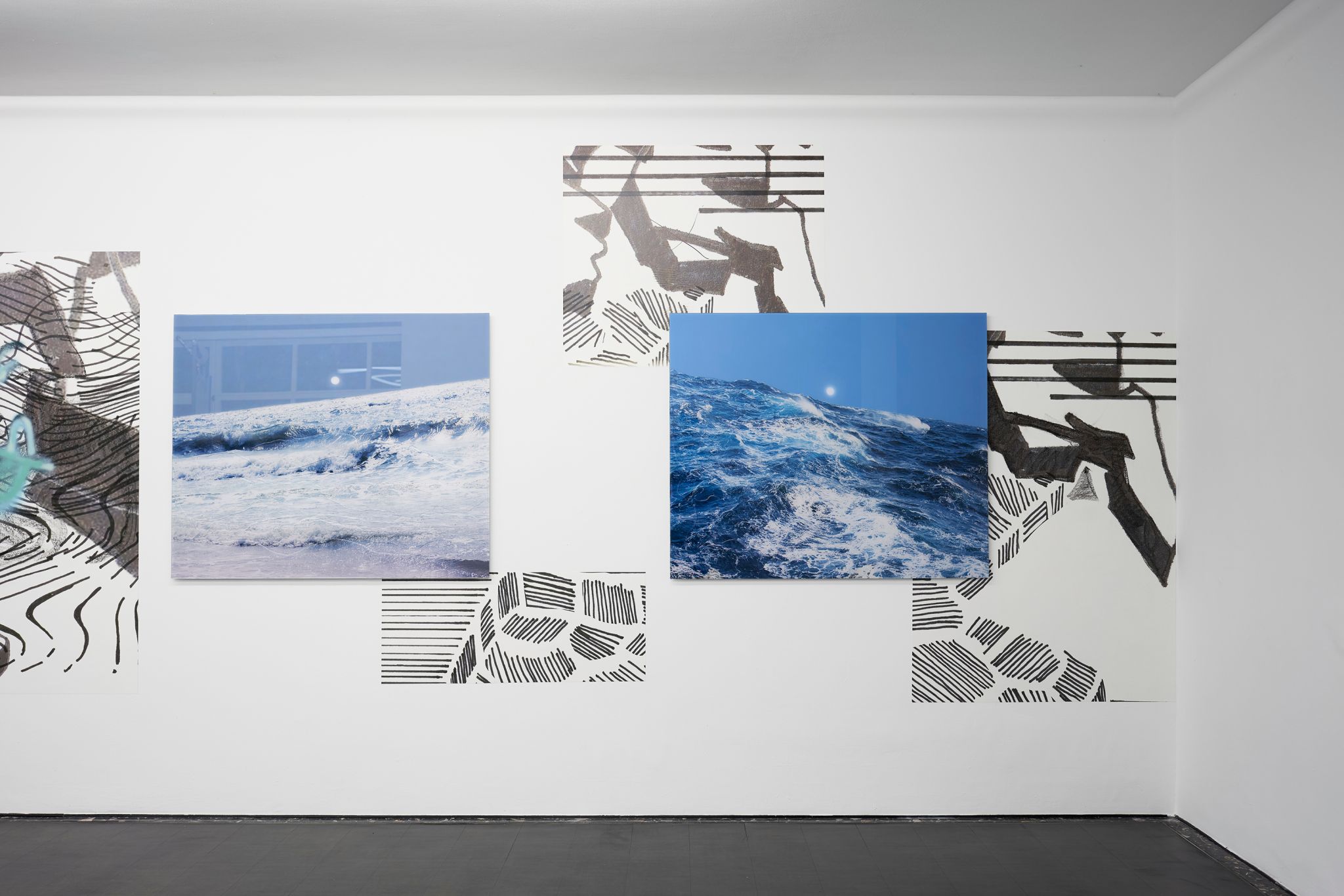
Installation view, Flaka Haliti, Watchu expect me to do when I lose my cool? #, 2020 -
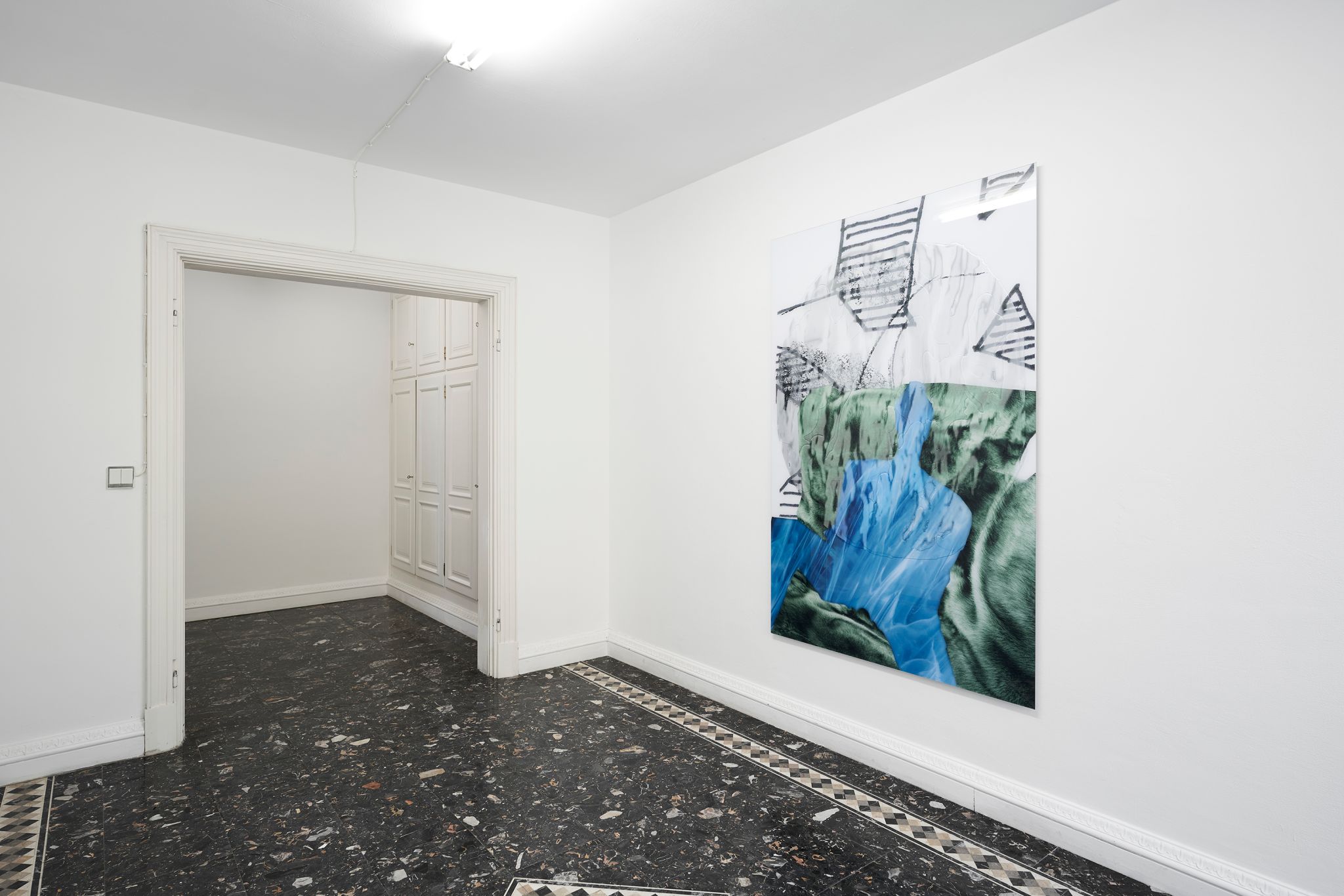
Installation view, Flaka Haliti, What to do?, 2020 -
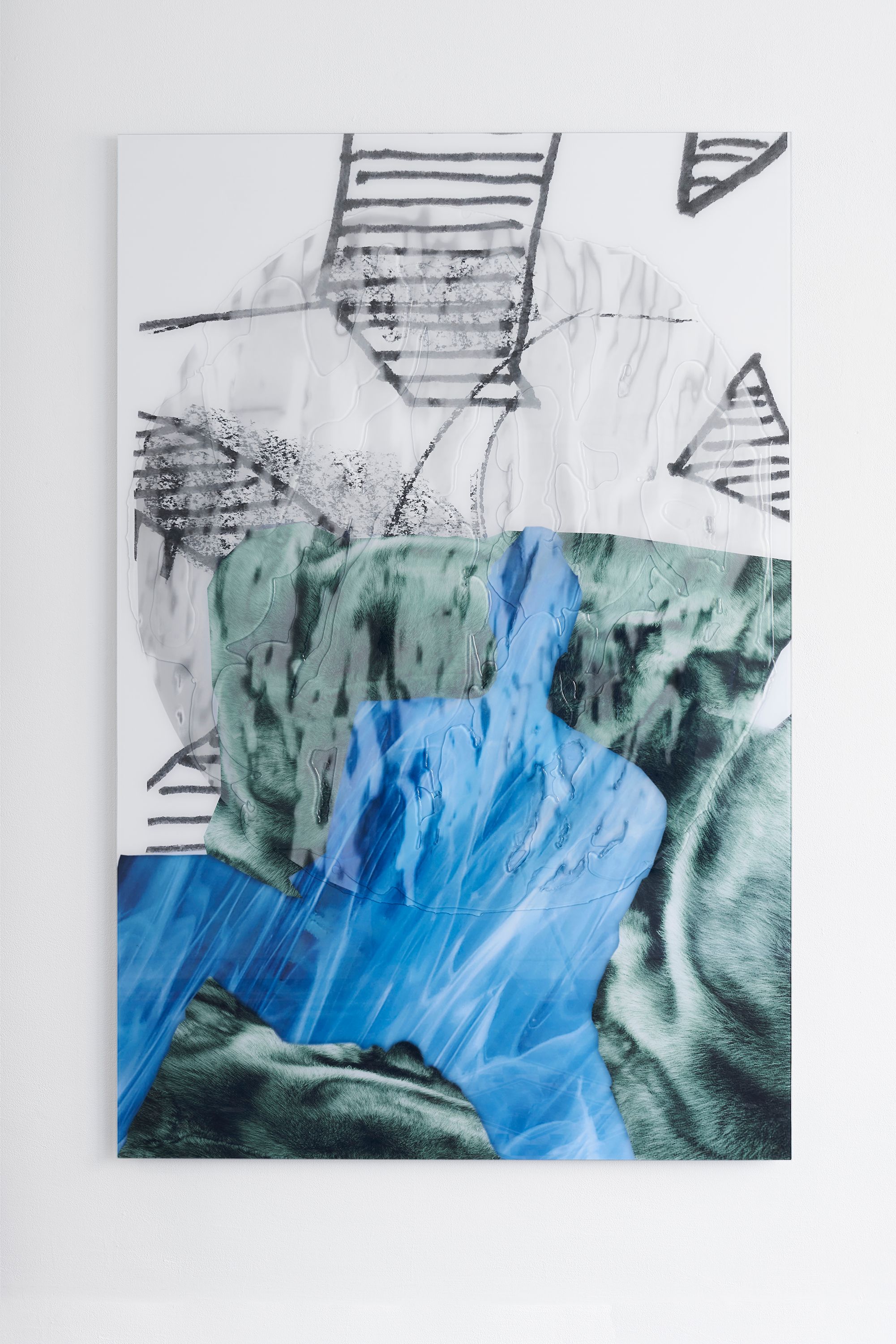
Flaka Haliti, What to do?, 2020
Fine Art print behind glass, resin, 170 × 103 cm -
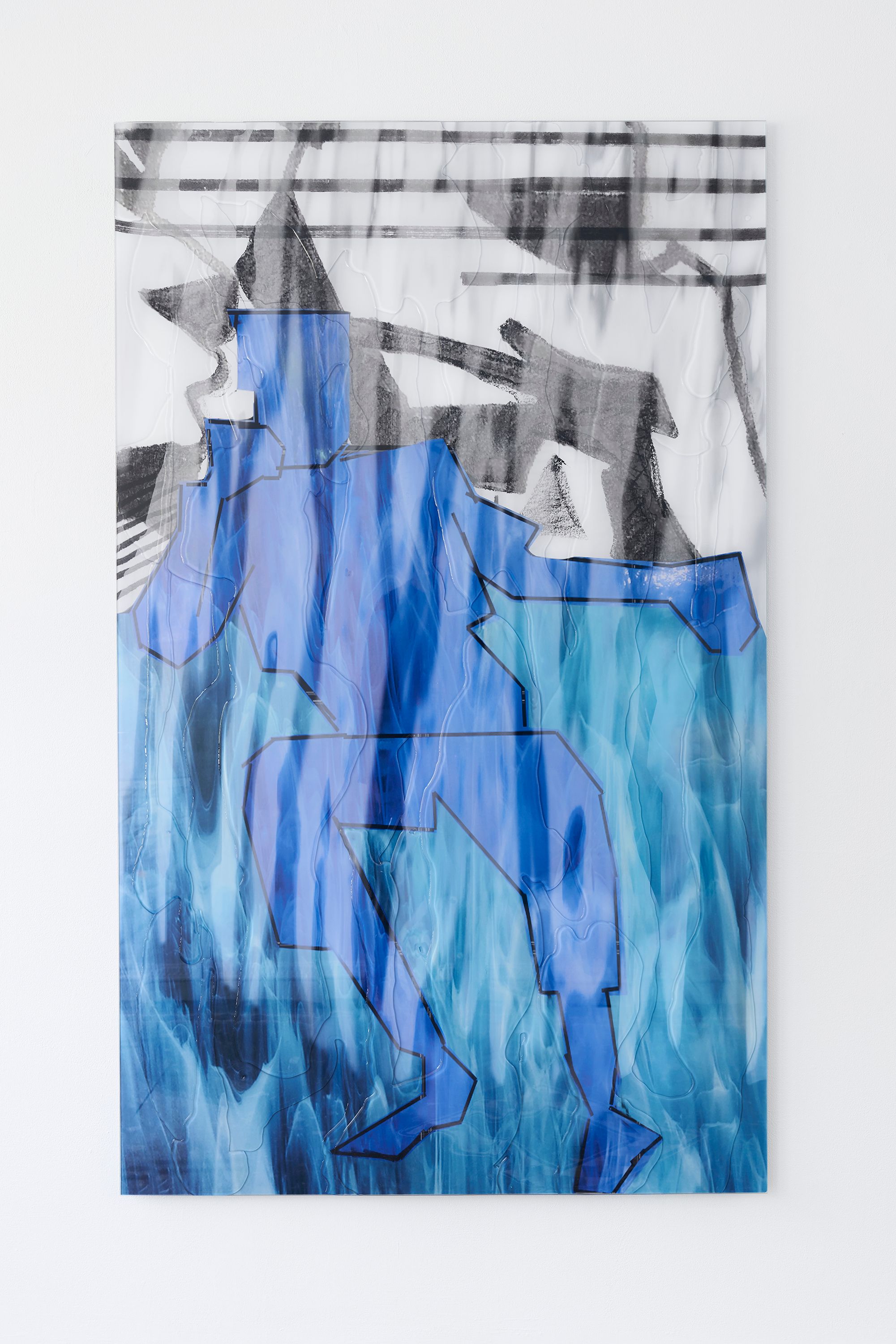
Installation view, Flaka Haliti, Who is going to do?, 2020 -
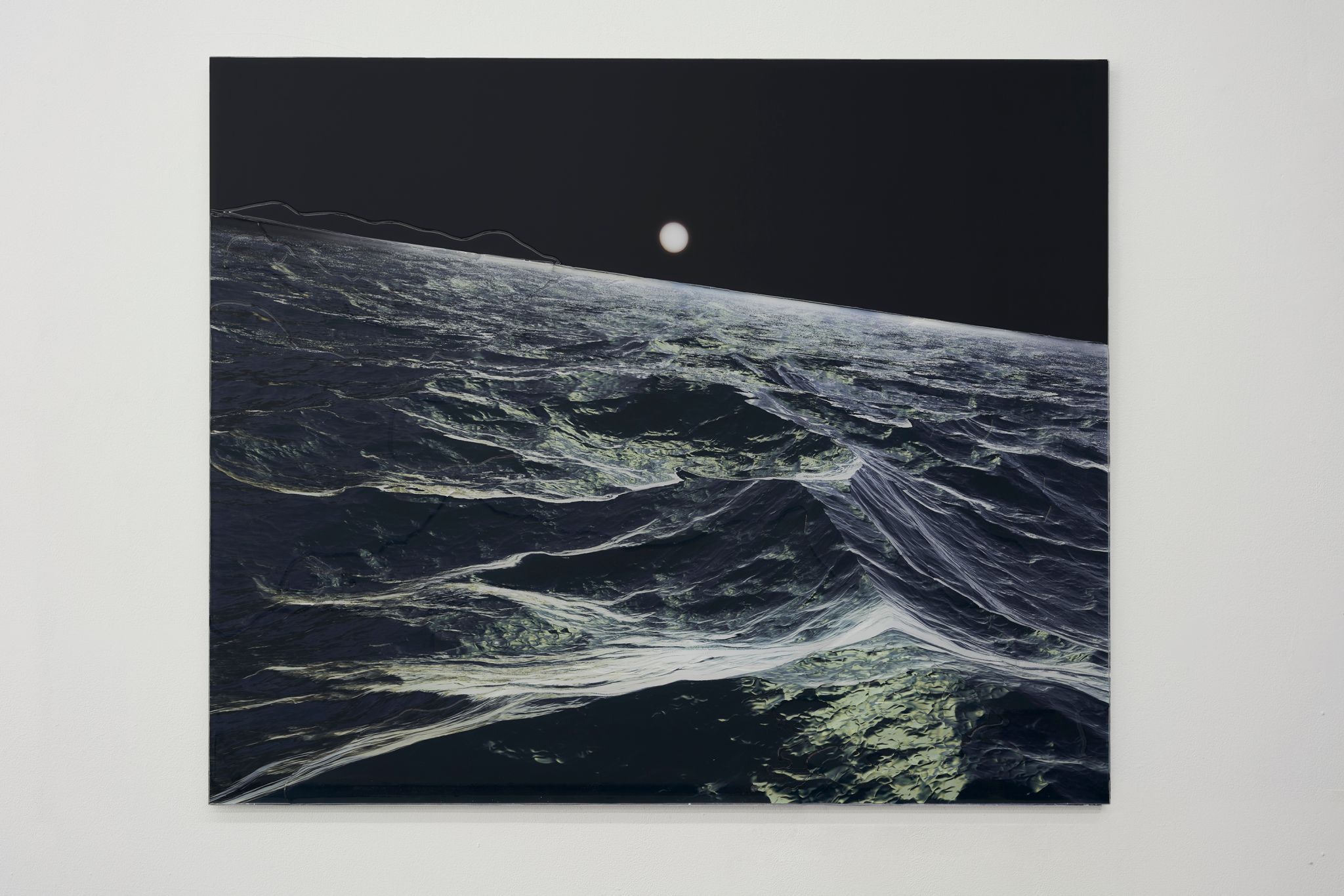
Flaka Haliti, Watchu expect me to do when I lose my cool? #4, 2020
Fine Art print behind glass, resin, 100 × 120 cm -
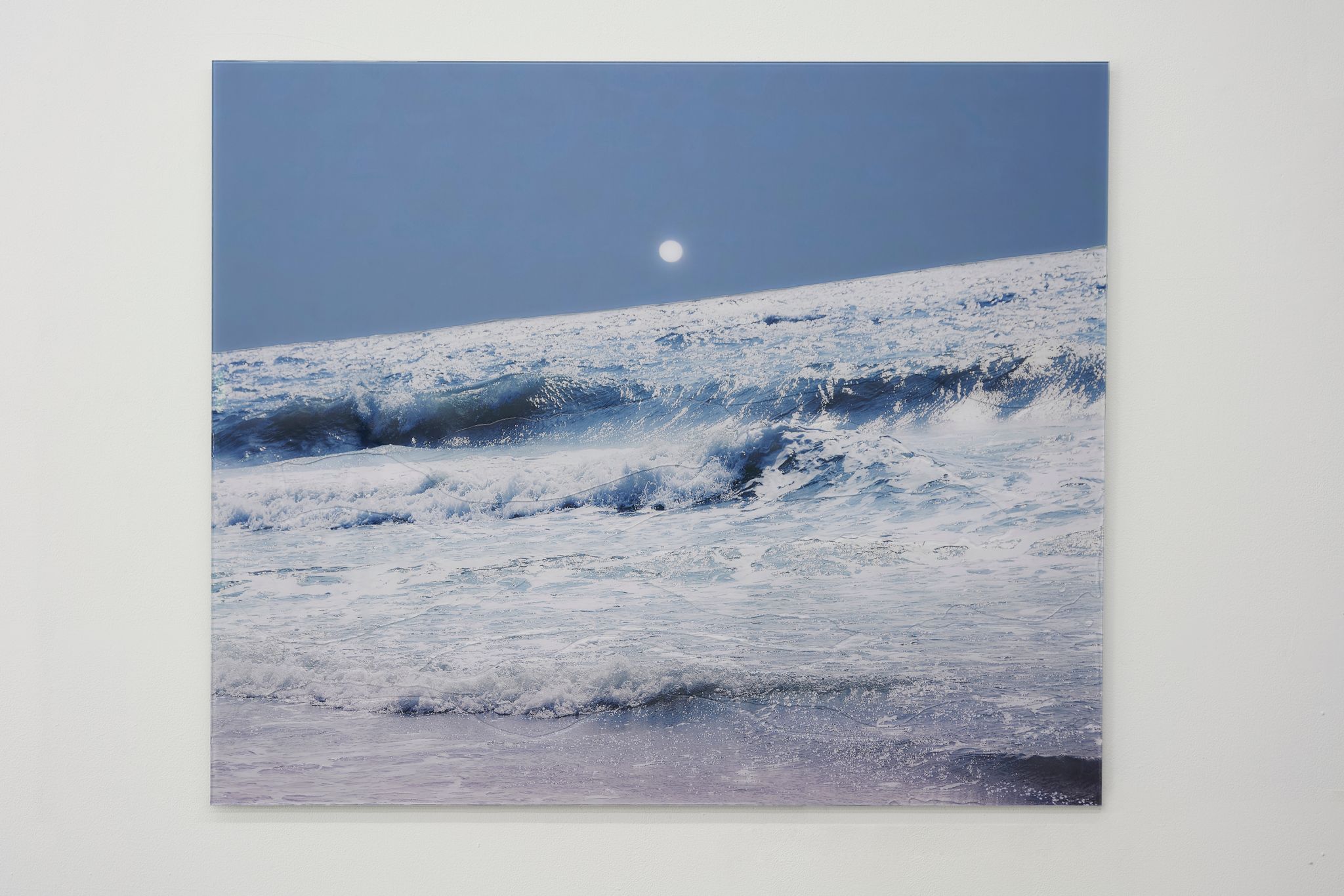
Flaka Haliti, Watchu expect me to do when I lose my cool? #5, 2020
Fine Art print behind glass, resin, 100 × 120 cm -
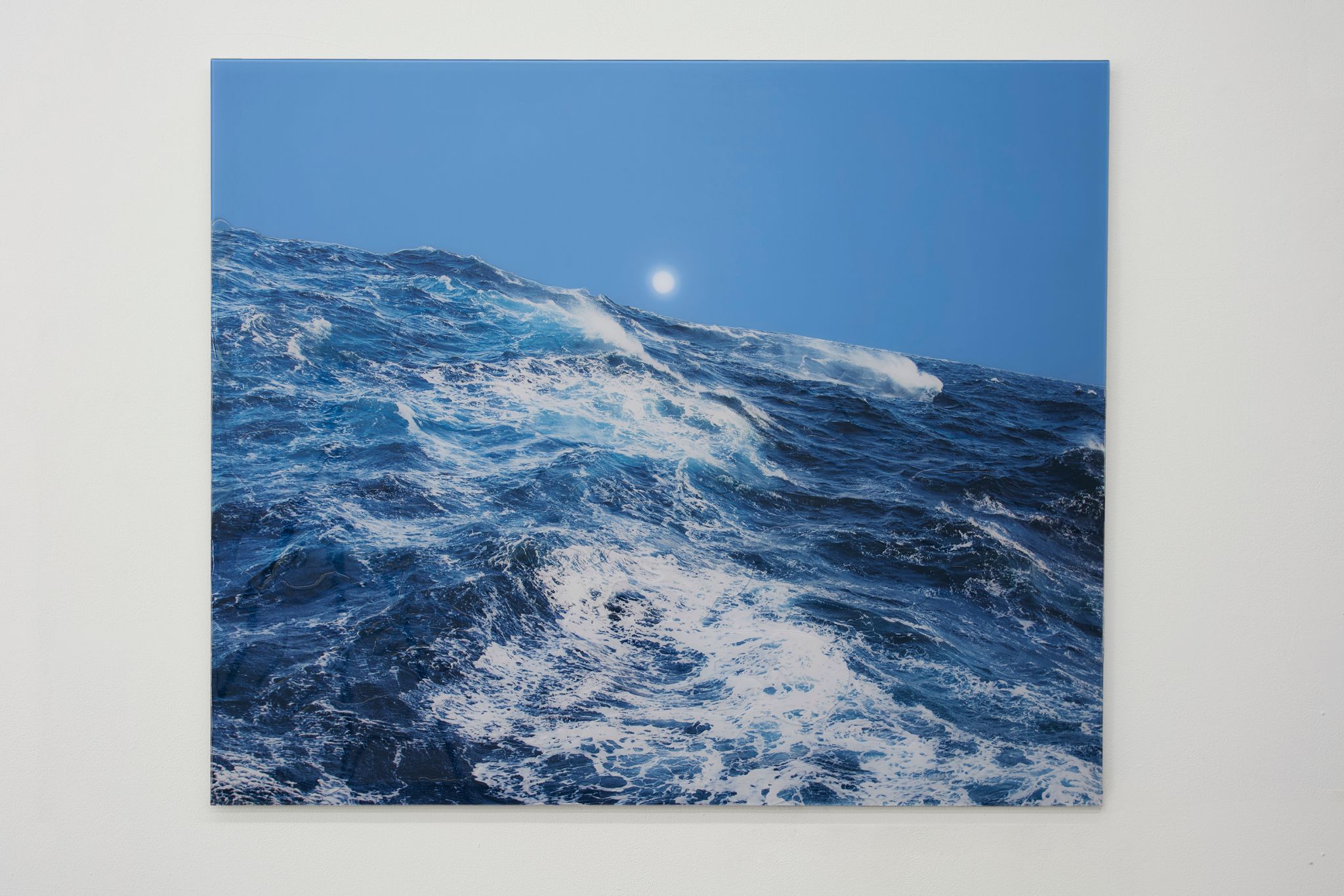
Flaka Haliti, Watchu expect me to do when I lose my cool? #6, 2020
Fine Art print behind glass, resin, 100 × 120 cm 